While we think tea on its own without any additives is just fine and dandy, we have also been known to add milk or sugar on occasion. Whether you take milk and/or sugar in your tea is certainly totally a matter of personal taste. Much like we discussed in our Milk in Tea blog post, in this one we’ll talk about the types of sweeteners available in addition to a good ol’ spoonful of sugar (sorry, Mary Poppins, but there are alternatives!).
There are basically four categories of sweeteners that we’ll address here. First up…
Natural Sweeteners
Natural sweeteners are products that are not chemically derived, although they may be refined or processed. True all-natural sweeteners are found in fruit as fructose and in milk as lactose. Natural sweeteners that have been processed, like our everyday sugar which is refined from sugar cane or sugar beets then becomes sucrose, which is a combination of glucose and fructose.
Refined sugars aren’t bad for you in moderation, but they are high in calories as we all know. The thing about sugar (to go slightly off topic for a sec) is that sugar is hidden in many of our processed foods, so you may be getting a lot more on a daily basis than you realize. So if you’re adding a type of sugar to your tea and are concerned about calories or your health, make sure you are reading those food labels and know where else you may be sourcing sugar without realizing it.

That said: if you are good with adding refined natural sweeteners to your tea, you can grab that sugar canister or choose from others such as:
- Brown sugar
- Honey
- Molasses
- Maple syrup
- Yacon sugar. Made from the roots of the yacon plant, it is chock full of our new favorite word, fructooligosaccharides, which is a soluble fiber helpful with constipation.
Coconut sugar is also a natural sweetener, but it is not refined so it retains some nutrients but is still high in carbs and fructose.
If putting honey in your tea gets you all buzzed up, try our Wildflower Varietal Honey Flight featuring four different types of raw varietal honey sourced from different parts of the country. That’s right, not all honey tastes the same!
Artificial Sweeteners
We’re all familiar with artificial sweeteners, those synthetic sugar substitutes with zero calories. Whether you love them or you hate them, they abound in our culture. All artificial sweeteners must be reviewed and cleared by the FDA, which provides information and acceptable daily intake numbers that you can review if you’re concerned about how much artificial sweetener is too much (and yes, you can have too much).
We’re all familiar with brands like Equal (aspartame), Splenda (sucralose) and Sweet and Low (saccharin). These sweeteners can be anywhere from 200 times to 600 times as sweet as regular sugar, so careful how much you use!
Novel Sweeteners
This category of sweeteners are generally derived from natural sources, but they are highly refined. The most well-known sweetener in this category is Stevia. Extracted from the leaves of the Stevia rebaudiana plant, it is very low in calories but also much sweeter than sugar (200-400 times), so keep that in mind before you pour in a whole packet or teaspoon.

Monk fruit extract is another sweetener in this category. Literally extracted from monk fruit and turned into a powder, this processed sweetener contains antioxidants called mogrosides that cause it to be 100-250 times sweeter than sugar.
Sugar Alcohols
This category includes xylito and sorbitol, sweeteners that are most often used in sugar-free gum because they do not promote tooth decay. Sugar alcohols are not calorie-free but have about 40% fewer calories than sugar. While sugar alcohols are found in small amounts in some fruits and vegetables -- and is even produced by humans in small quantities -- its attributes put these sweeteners in a category all their own. Many brand name sweeteners, like XyloSweet, are available with sugar alcohols.
The bottom line? There’s nothing sweeter than a cuppa tea, no matter how you take it. But if you like yours a little sweeter, you’ve got a lot of options to choose from. Cheers!
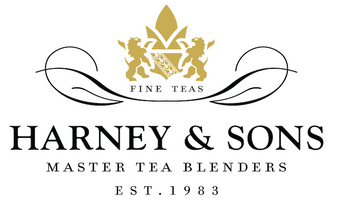

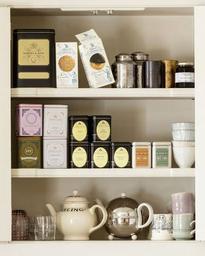
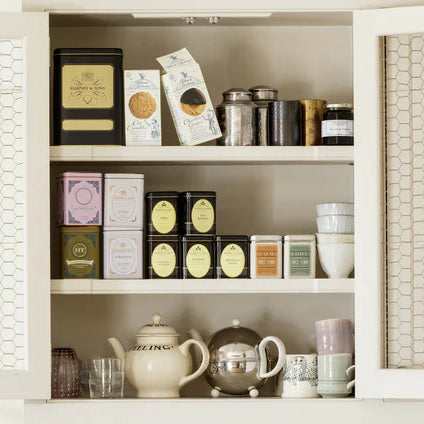
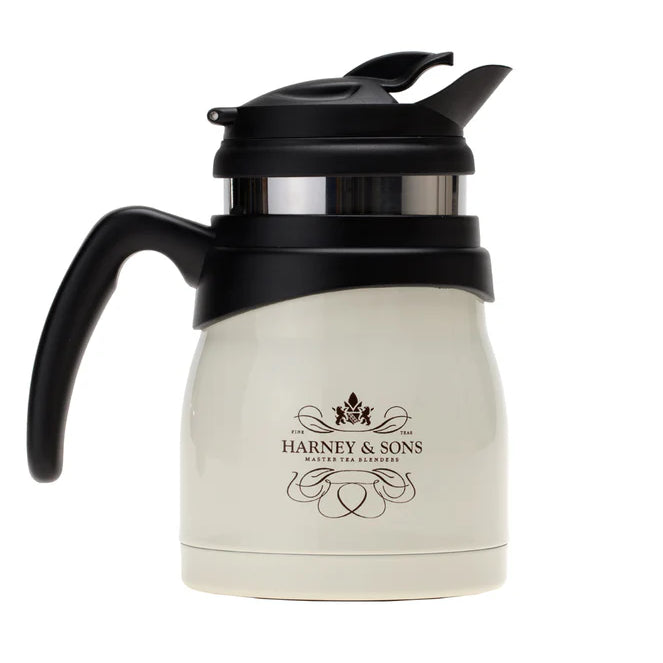
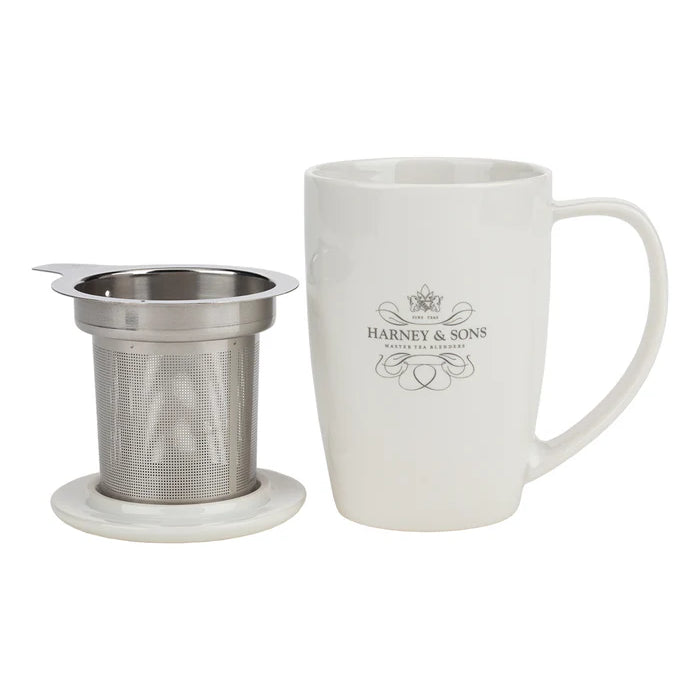
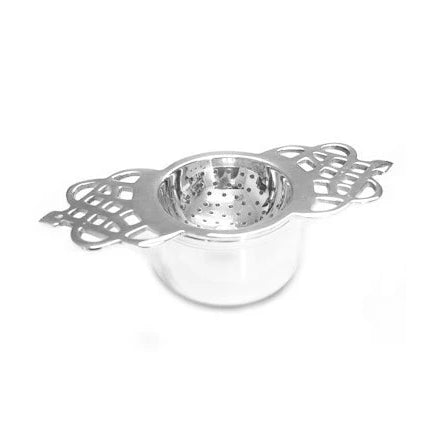
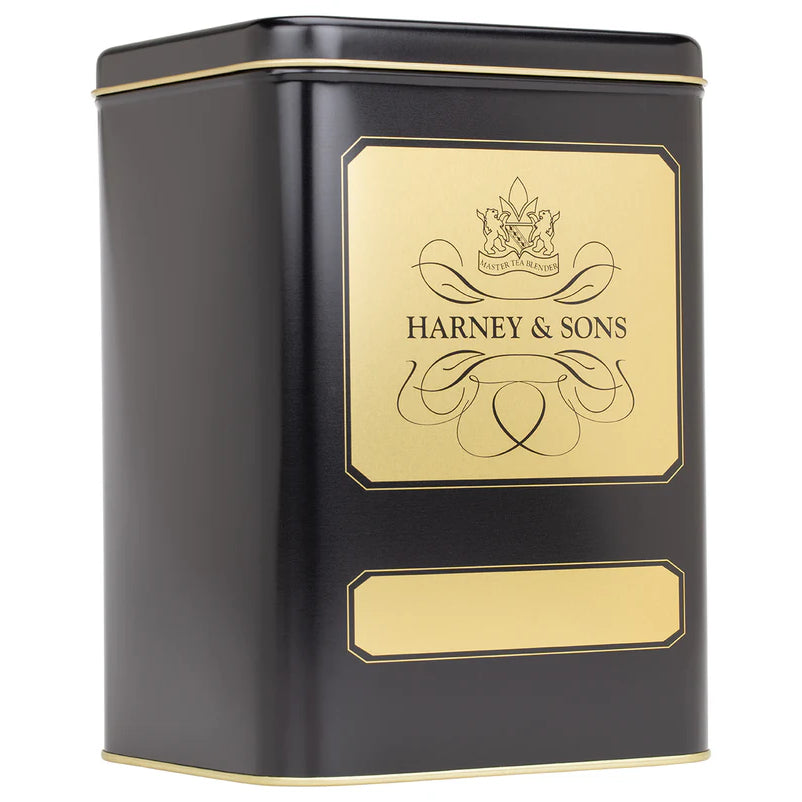
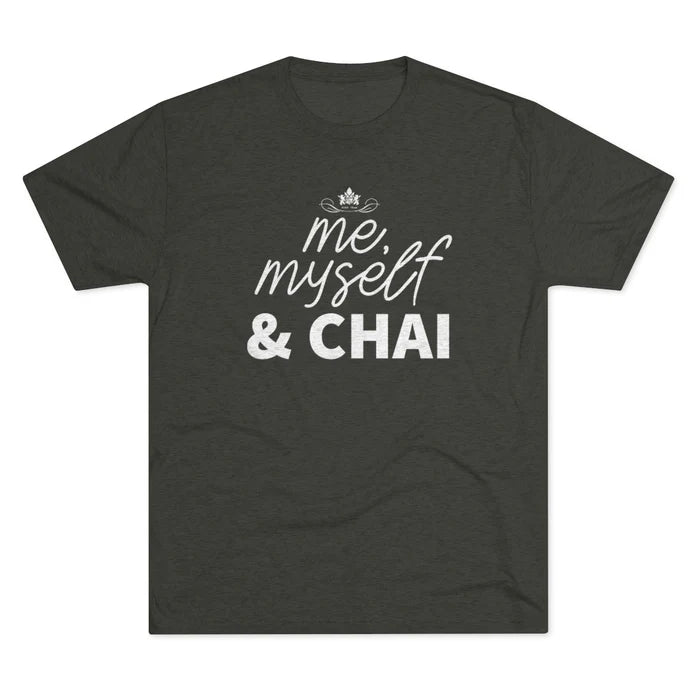
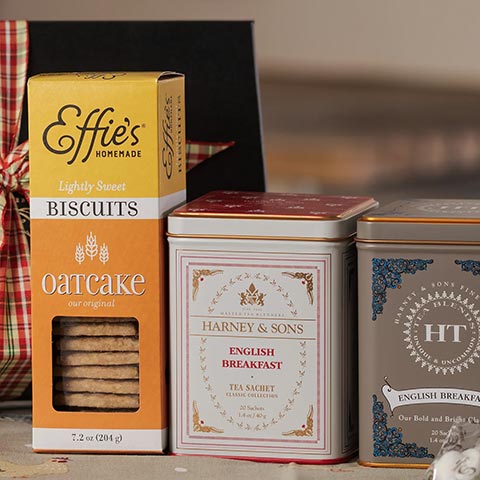
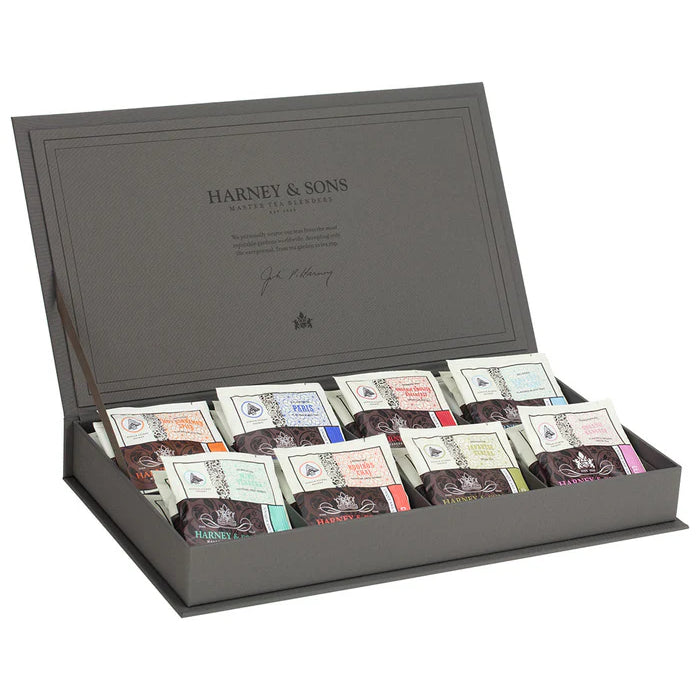
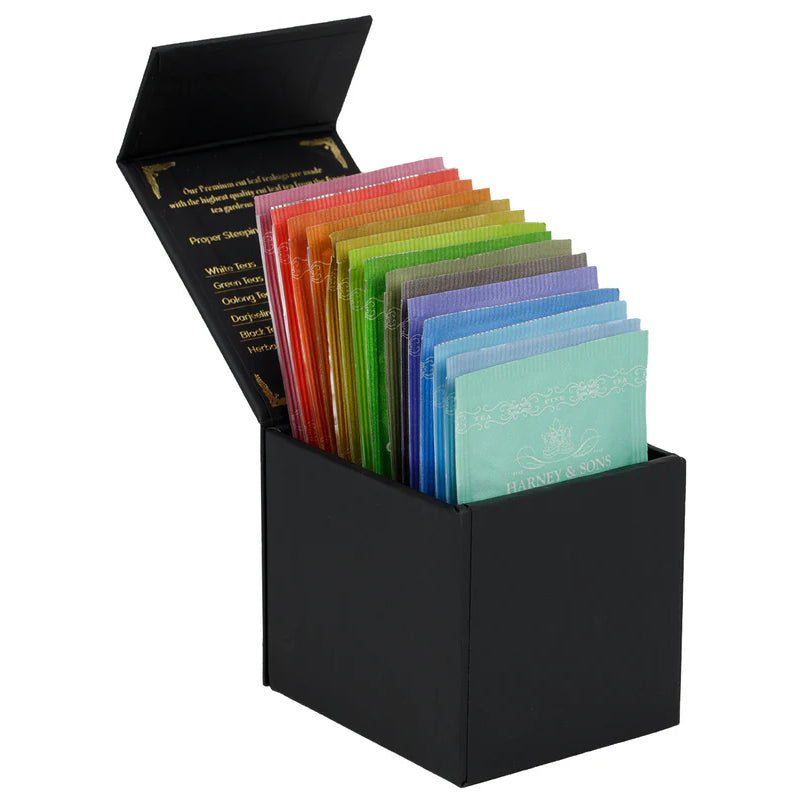
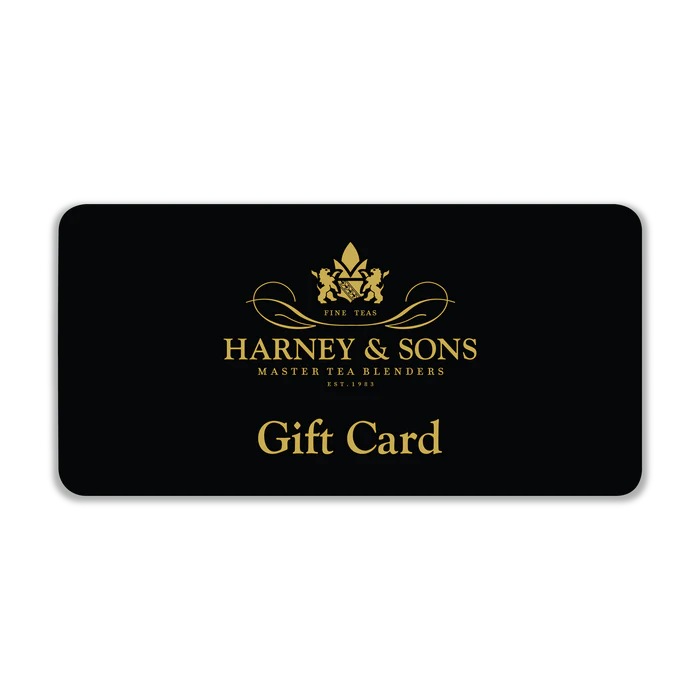
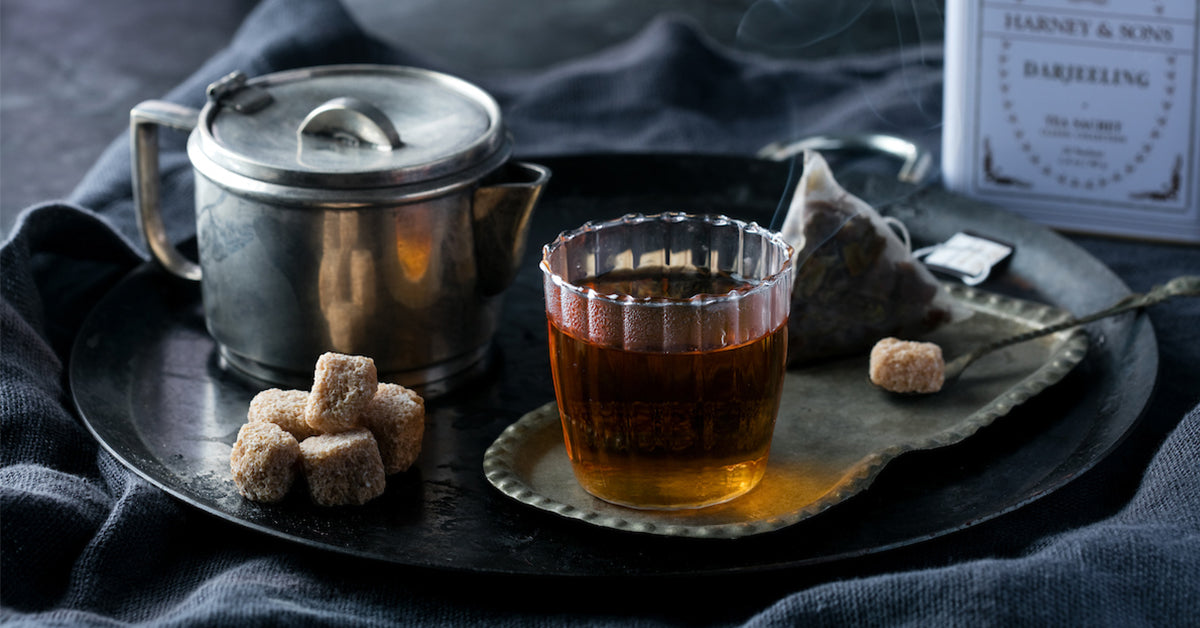
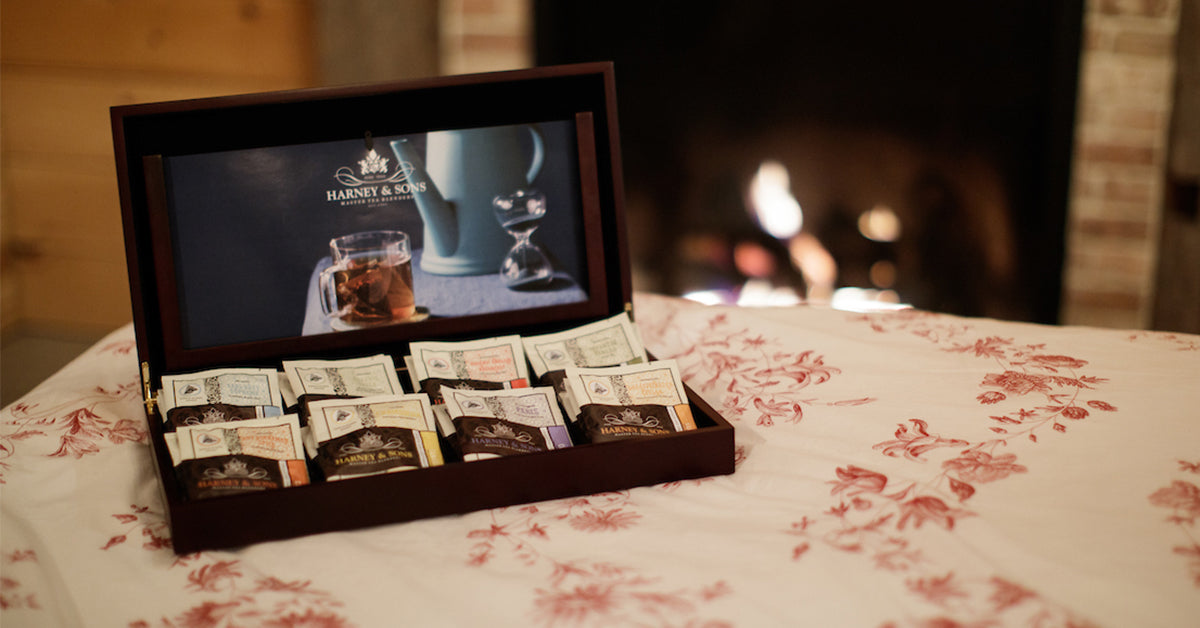
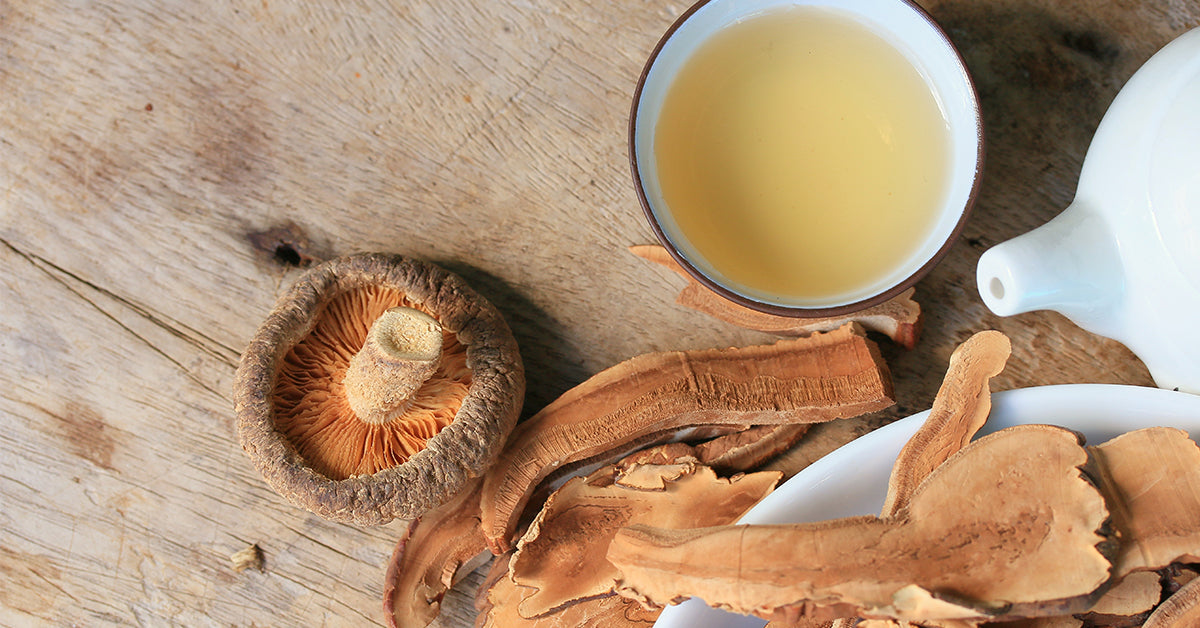
5 comments
Marie L Ferrell-Mewes
I found Truvia the baking blend works great for pies and cookies. The Truvia in the packets and small container work well for drinks. My husband is a diabetic and these are the two we found work best for quality taste and pleasing outcomes.
I found Truvia the baking blend works great for pies and cookies. The Truvia in the packets and small container work well for drinks. My husband is a diabetic and these are the two we found work best for quality taste and pleasing outcomes.
jan
PATRICIA FOLK
My favorite is raw sugar.
My favorite is raw sugar.
Catherine Bliss
As someone who is American but English dad & Irish mom…I know my teas !!! Come 3:30 everyday, teatime ! Nothing but nothing better for a ahhhh moment than a cup of Harney’s Mayfair tea, with raw honey & a scone! Oddly have had to switch to decaf after 6 & all were wish-washy blah EXCEPT Harney’s Earl Grey decaf!!! It has body to it & you don’t feel like you’re relegated to garbage tea, in order to sleep at night. THANK YOU, THANK YOU, THANK YOU!!!
Please keep the Mayfair blend available, it is pure heaven.
As someone who is American but English dad & Irish mom…I know my teas !!! Come 3:30 everyday, teatime ! Nothing but nothing better for a ahhhh moment than a cup of Harney’s Mayfair tea, with raw honey & a scone! Oddly have had to switch to decaf after 6 & all were wish-washy blah EXCEPT Harney’s Earl Grey decaf!!! It has body to it & you don’t feel like you’re relegated to garbage tea, in order to sleep at night. THANK YOU, THANK YOU, THANK YOU!!!
Please keep the Mayfair blend available, it is pure heaven.
Roberta Hyde
This info is great, I was one of these tea and milk persons with certain teas. I have used most of the sweeteners listed including artificial (not yacun nor coconut, etc.) My problem is I am pre-diabetic Blood sugar A1C is at the highest range before diabetes) so I am not to have any of these, Artificial sweeteners are awful and I don’t think they are sweet at all. Any suggestions, any help greatly appreciated. Thank you.
This info is great, I was one of these tea and milk persons with certain teas. I have used most of the sweeteners listed including artificial (not yacun nor coconut, etc.) My problem is I am pre-diabetic Blood sugar A1C is at the highest range before diabetes) so I am not to have any of these, Artificial sweeteners are awful and I don’t think they are sweet at all. Any suggestions, any help greatly appreciated. Thank you.